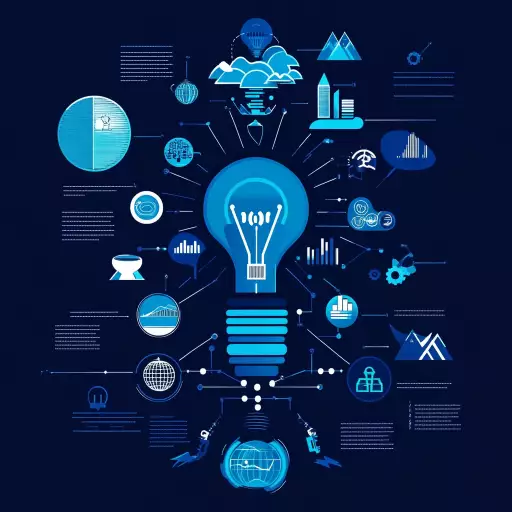Explore the Best AI Image Gallery

Reimagining Creation: AI-Generated Media and the Ethical Crossroads
The realm of art and creativity is undergoing a seismic shift, fueled by the groundbreaking advancements in artificial intelligence (AI). AI-generated media, encompassing everything from text and music to images and videos, is rapidly blurring the lines between human and machine creation. This burgeoning technology holds immense promise for revolutionizing industries, empowering individuals, and expanding the boundaries of artistic expression. However, it also raises profound ethical questions that demand careful consideration as we navigate this uncharted territory.
The Transformative Potential of AI-Generated Media
AIs ability to generate creative content opens up a plethora of exciting possibilities for various sectors:
- The Creative Industry: AI can assist artists and designers by generating initial concepts, refining ideas, and automating repetitive tasks, freeing up valuable time for higher-level creative pursuits.
- Marketing and Advertising: Personalized content creation, targeted advertising campaigns, and dynamic marketing materials become more accessible and efficient with AI-powered tools.
- Entertainment and Media: AI can contribute to the development of immersive storytelling experiences, generate realistic special effects, and even create original music compositions.
Ethical Considerations: Navigating the Uncharted Territory
While AI-generated media presents transformative opportunities, it also raises several ethical concerns:
- Copyright and Intellectual Property: The question of ownership arises when AI creates content. Who holds the copyright—the AI developer, the user who prompts the AI, or the AI itself?
- Bias and Discrimination: AI algorithms are trained on existing data, which may contain biases that perpetuate societal stereotypes and discrimination in the generated content.
- Transparency and Accountability: The decision-making processes of AI models can be opaque, making it difficult to understand how specific outputs are generated. This lack of transparency raises concerns about accountability when AI-generated content causes harm.
- Misinformation and Deepfakes: AIs ability to create realistic synthetic media can be misused for generating convincing fake news, propaganda, or deepfakes, posing a significant threat to trust and societal cohesion.
Shaping the Future: Responsible Development and Regulation
Addressing these ethical challenges requires a multifaceted approach involving collaboration between policymakers, industry leaders, researchers, and the public. Key considerations include:
- Establishing clear guidelines and regulations for AI-generated content, addressing issues of copyright, intellectual property, and accountability.
- Promoting transparency in AI algorithms and decision-making processes to build trust and enable scrutiny.
- Encouraging the development of AI systems that are fair, unbiased, and inclusive, mitigating the risk of perpetuating societal harms.
- Investing in research and education to foster a deeper understanding of AIs capabilities and limitations, empowering individuals to make informed decisions about its use.
As AI continues to evolve at an unprecedented pace, it is imperative that we approach its integration into the creative industry with both enthusiasm and caution. By fostering open dialogue, promoting responsible development practices, and establishing robust ethical frameworks, we can harness the transformative power of AI while safeguarding the integrity and value of human creativity.
